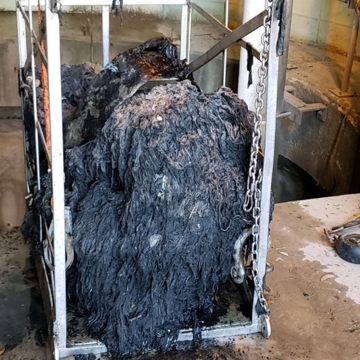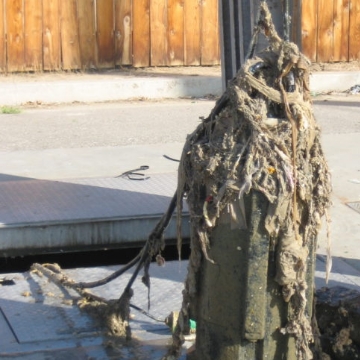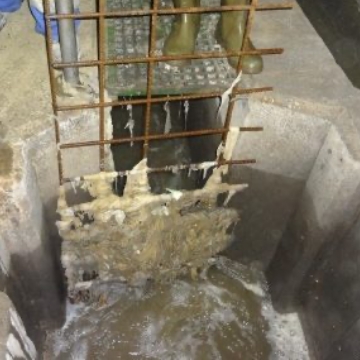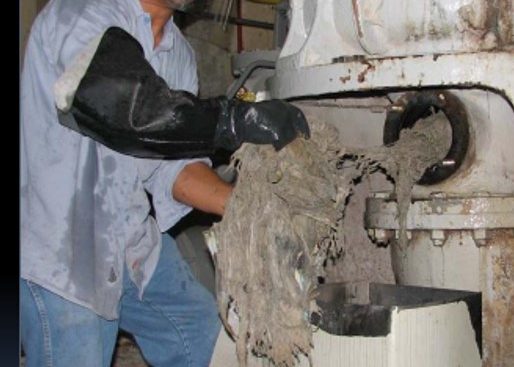
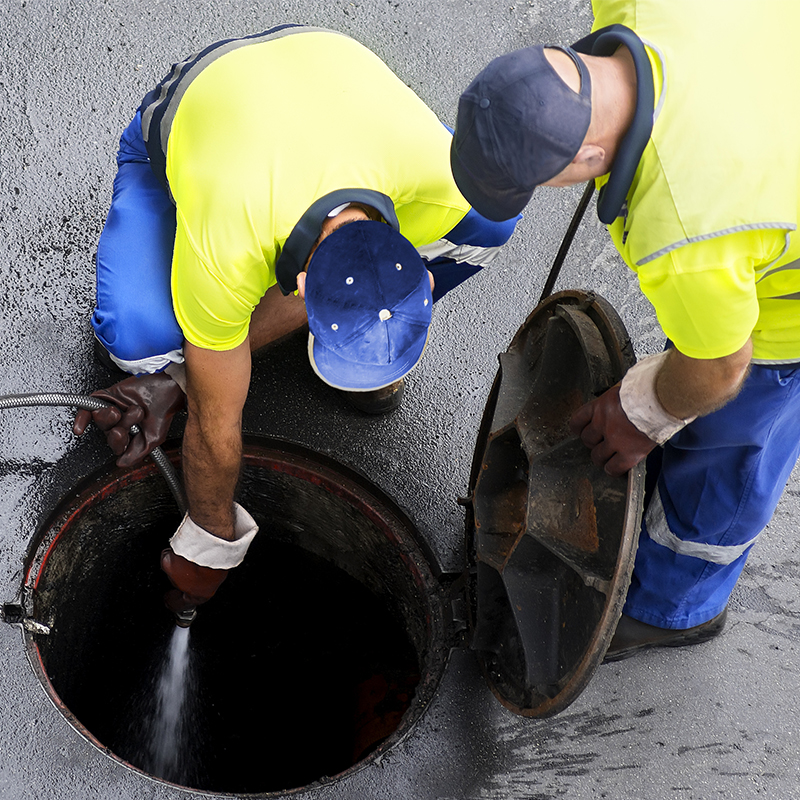
It’s Not Only Wipes That Clog Pipes
What gets flushed down toilets can cause harm to both your sewage pipes and your environment.
What goes down toilets and drains must travel through miles of winding pipes to get to our wastewater treatment plant. So things like wipes can clog those pipes along the way and at the treatment plant – causing damage, backups, and costly repairs.
Toilets Aren’t Like Trash Cans
Flushing common household items causes big, expensive problems.
Keep this list handy to prevent sewage from backing up in your home, business, or commercial property.
The DO NOT Flush List
- Pre Moistened Wipes
- Facial Tissues
- Dental Floss
- Bandages or Dressings
- Test Strips
- Diapers
- Cotton Balls or Swabs
- Topical Solutions
- Hair
- Catheters
- Medications or Supplements
- Paper Towels
- Wrappers
- Cleaners or Disinfectants
- Hypodermic Needles
- Feminine Hygiene Products
- Cigarette Butts
- Dust, Dirt or Lint
- Food Scraps
- Soaps, Oils, or Lotions
- Pet Litter or Waste

Avoid Costly Repairs & Rate Increases
Don’t Flush Wipes!
The National Association of Clean Water Agencies estimates wipes cost 441 million dollars per year in additional operating expenses. Our SESD treatment facility regularly experiences damage to pumps, valves, pipes, and other equipment from wipes flushed – potentially resulting in sewage leaks into our waterways.
Flushing wipes end up costing you in increased expenses or environmental clean-ups.

Erik Nowak
Superintendent of Maintenance
“It costs local ratepayers a lot of money for us to continually clear wipes from our equipment, or replace damaged equipment. If residents could just stop flushing wipes and other non-flushables, our plant would operate smoother, our team would be safer, and the environment in this area would be better protected.”
Wipes Damage Your Pipes
When it comes to wipes, convenience often comes at a cost (to you).
Flushing wipes doesn’t just harm SESD and municipal pipes and equipment, it causes damage to your pipes. When that occurs, repairs can be expensive and involve not being able to flush your toilet until the damage is resolved.
Don’t wind up with an expensive bill and the inconvenience of clogged pipes. Keep a trash bin handy to dispose of wipes properly.
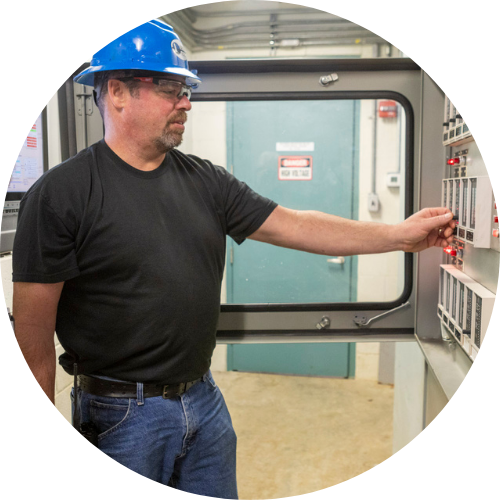
Rick Delacono
Superintendent of Operations
“We’ve had to replace thousands of dollars worth of equipment over the years, now more than ever, and hundreds of man hours due to people flushing things other than human excreta and toilet paper.”
It Costs You Money to Flush Wipes
This video explains why putting wipes down your toilet causes expensive problems for municipalities and you!
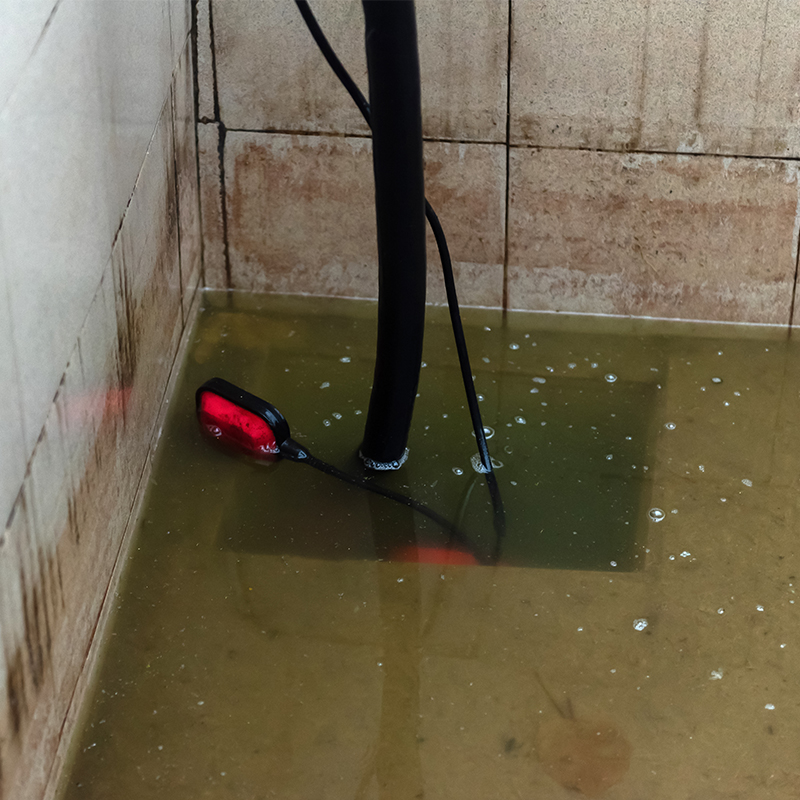
Did You Know?
Sump Pumps and Rain Gutter Drainage Can Also Cause Backups
Sewage can overflow into your home due to improper sump pump and rain gutter drainage.
Learn More About Keeping Rainwater Out of Sewers
